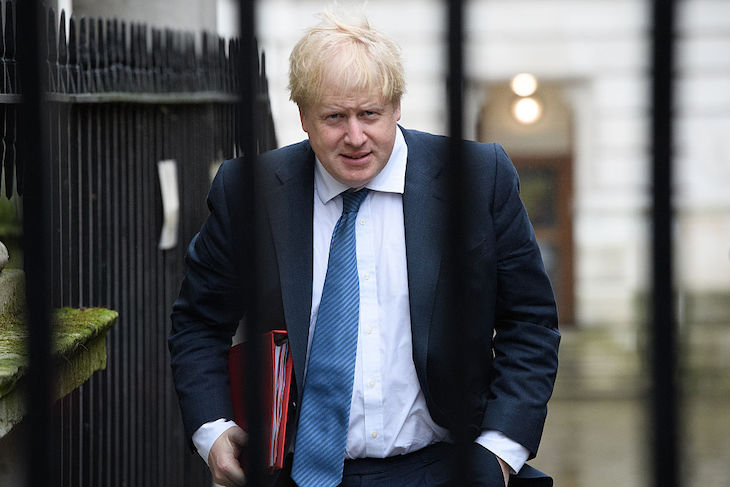Rarely can the saying that a week is a long time in politics have been more true than in the case of Boris Johnson. The timetable for the election of the next Conservative leader, which was announced last week, clearly favoured him, given the large lead he has over his closest rivals. But the decision of District Judge Margot Coleman has turned that advantage on its head. For there is no realistic chance that the prosecution against Johnson can be concluded before Conservative MPs decide which two candidates will go before the membership.
There has been talk of a judicial review to the High Court of the District Judge’s decision, but even if this can be expedited, the appeal is most likely to fail. The High Court has made it clear that it will not hear challenges to a decision to prosecute save in wholly exceptional circumstances, none of which appear to apply here. The proper course is to defend the case in the criminal courts, which in this case will be the Crown Court.
It is possible in the Crown Court to apply to dismiss the case, and no doubt such an application will be made in this case. But even if such an application were to be expedited, it is highly unlikely that it could be heard before the end of June when Conservative MP’s have to decide on the names of the two candidates who will be put to the Tory membership.
How will the fact of this prosecution affect the votes of MPs? It is doubtful that their views of the merits of the case will have been changed by the judge’s decision. The threshold for issuing the summons was low – that is, was there a prima facie case – and the judge did not express a view on Johnson’s guilt or innocence. Many of us think that the prosecution is an outrage and that in the end the prosecution will go nowhere.
But there is a practical issue that has to be addressed. If Boris Johnson becomes Prime Minister in July, he will be the first ever serving PM to be forced to face a criminal prosecution while in office, and at a time of national crisis. Criminal cases cannot simply be left to the lawyers to deal with. Preparation requires the client’s instructions and the client’s focus, and that in turn needs time. Lots of it. And defendants in criminal trials are expected by the courts to attend the trial. Who knows how long this one might take? It won’t be swift, that’s for sure. Courts can excuse attendance, but juries won’t necessarily take kindly to that. And after all, questions of liberty are at stake.
So whatever anyone’s views of the rights or wrongs of this case, there is no doubt that it is a hugely complicating factor for MPs in deciding whether or not to put Boris Johnson’s name forward to the membership, knowing that they in turn are likely to elect him if they do.
Unless the timing of this leadership election is changed, it may just be that what appeared to be an advantage for Boris, eventually becomes a curse.
Stephen Parkinson is senior partner at criminal law firm Kingsley Napley LLP and former deputy head of the Attorney General’s office.






Comments